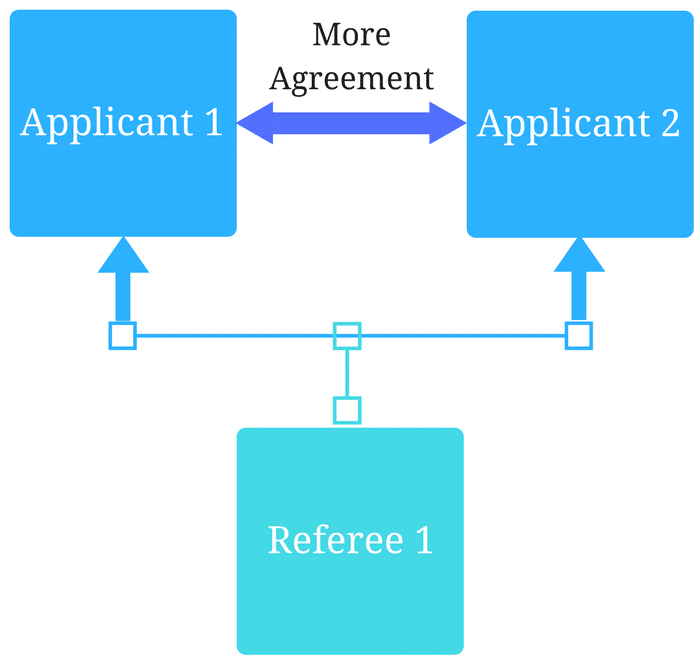More Than Just Grades: A Balanced Approach to Admissions

October 24, 2024
For many years, applicants believed their future hinged on grades alone. But today, admissions teams are looking beyond test scores and transcripts. Increasingly, institutions are adopting a holistic admissions process—one that values not just academic performance, but also the personal qualities that define a well-rounded candidate.
This week on the Holistic Success Show, we welcomed Peggy Griffin, Assistant Registrar at the School of Nursing at Dalhousie University. Peggy discussed the importance of looking beyond academic metrics alone when making fair admissions decisions.
How has fairness in admissions evolved?
Over the years, admissions at Dalhousie School of Nursing have shifted from a system focused solely on grades to one that balances academic performance with non-cognitive skills. In the past, capable students may have been overlooked simply because they didn’t have the highest marks, despite having critical soft skills for success.
Nearly a decade ago, the School of Nursing introduced the Casper Situational Judgment Test into their admissions process.
This one change helped level the playing field by introducing the evaluation of critical non-academic qualities. Casper’s open-response format, which includes both video and written components, allows applicants to showcase their thought process, values, and perspectives in response to real-world situations.
The test focuses on essential traits like collaboration, problem-solving, empathy, ethics, and self-awareness, offering a more well-rounded assessment of candidates’ suitability for fields like nursing.
This change has allowed for a fairer process, offering students the opportunity to highlight their strengths beyond their academic record.
Why is holistic admissions important for nursing?
In a profession like nursing, technical knowledge is just one part of the job.
Nurses must be able to connect with patients, show compassion, and work well under pressure—qualities that aren’t measured by grades alone. That’s why it’s essential to look at the whole person when making admissions decisions.
By using a tool like Casper, the School of Nursing at Dalhousie can assess whether applicants have the personal traits needed to succeed in the nursing field. This holistic view ensures students who possess both the academic and emotional intelligence required for the profession are given a fair chance at admission.
What does the admissions process look like today?
The current admissions process at the School of Nursing at Dalhousie University combines both academic and non-academic assessments. This system ensures students are evaluated holistically, rather than being judged solely on their academic record.
The process applies to both high school applicants and those transferring from other institutions, giving a comprehensive view of each candidate’s potential. This balanced approach helps the nursing program admit well-rounded students who can excel both in the classroom and their future roles as healthcare professionals.
What changes have been seen since Casper was implemented?
Based on feedback from faculty, there has been a noticeable shift in the types of students entering the nursing program since integrating Casper. Today’s students are more empathetic, engaged, and supportive of one another, creating a collaborative and compassionate learning environment.
This new holistic approach has also benefited students who might not have been admitted under a strictly academic evaluation but have demonstrated qualities that are critical in nursing. It’s clear that the broader admissions criteria are helping identify students who will thrive in both their studies and future careers.
Final thoughts
In the world of admissions, looking beyond academic scores is key to identifying students who are truly suited for their chosen profession. For fields like nursing, where empathy and compassion are just as important as technical knowledge, a holistic approach is essential. However, this approach goes beyond health professions – programs that train future engineers, business leaders, and teachers would all benefit from a holistic admissions approach.
For those considering similar changes in their admissions process, researching tools like Casper could be the next step toward creating a more fair and comprehensive evaluation process.
Stay informed on the latest trends and advancements in education—subscribe to the Holistic Success Show now.
Related Articles

How interviews could be misleading your admissions...
Most schools consider the interview an important portion of their admissions process, hence a considerable…
Reference letters in academic admissions: useful o...
Because of the lack of innovation, there are often few opportunities to examine current legacy…
